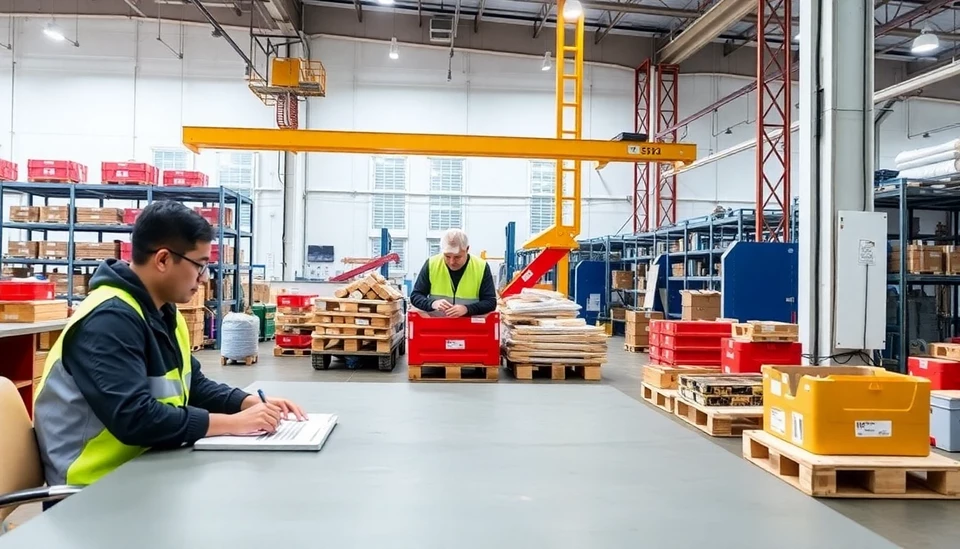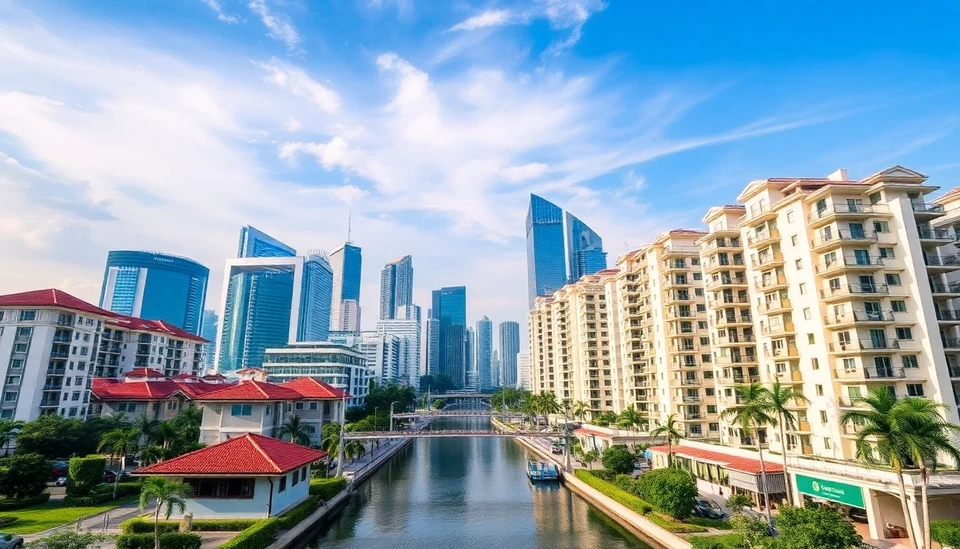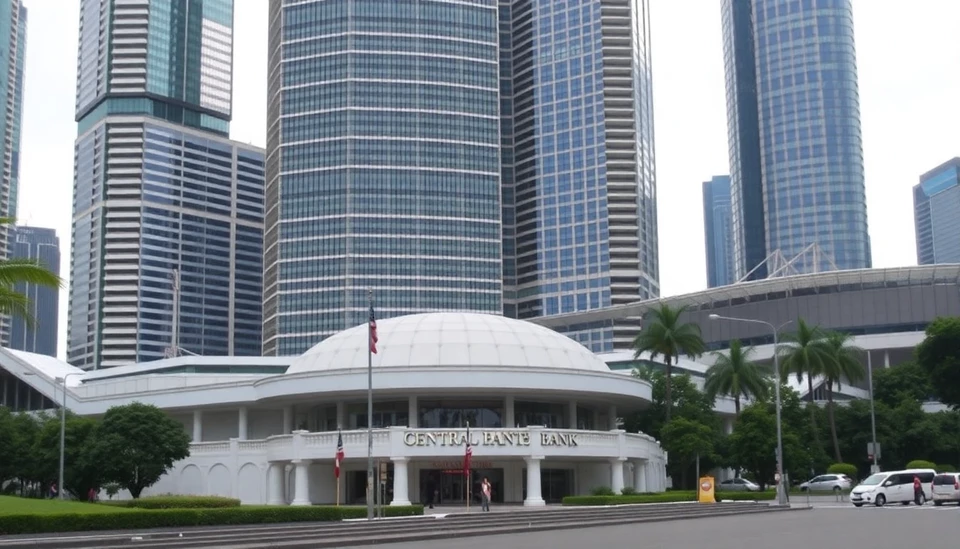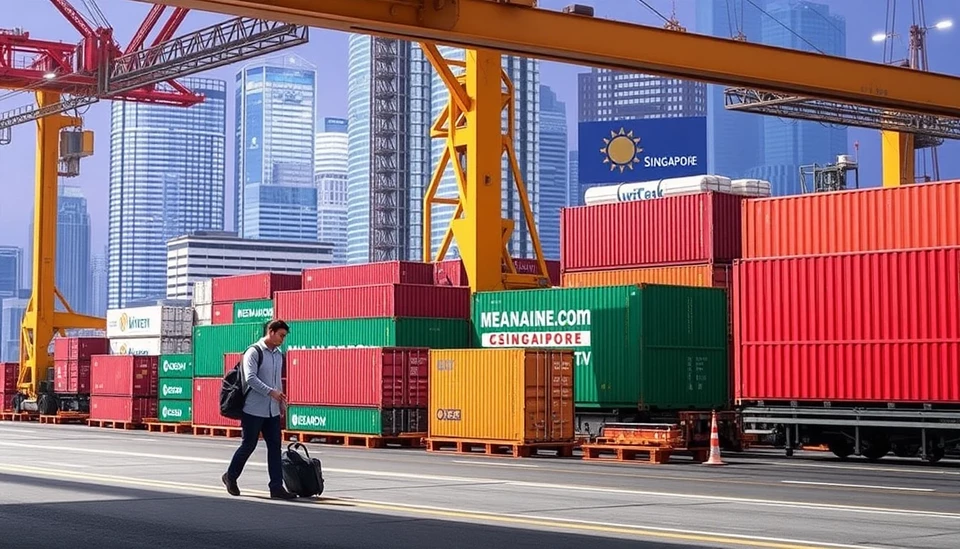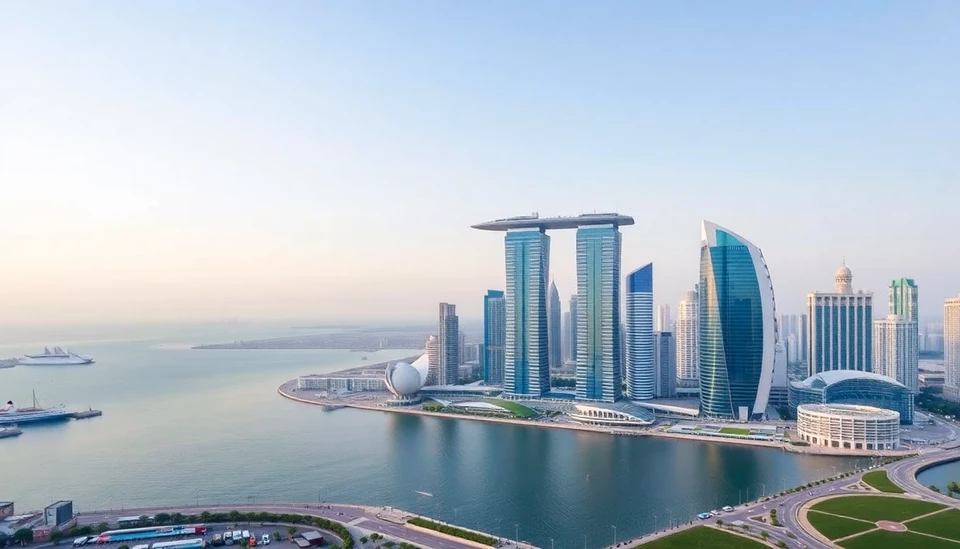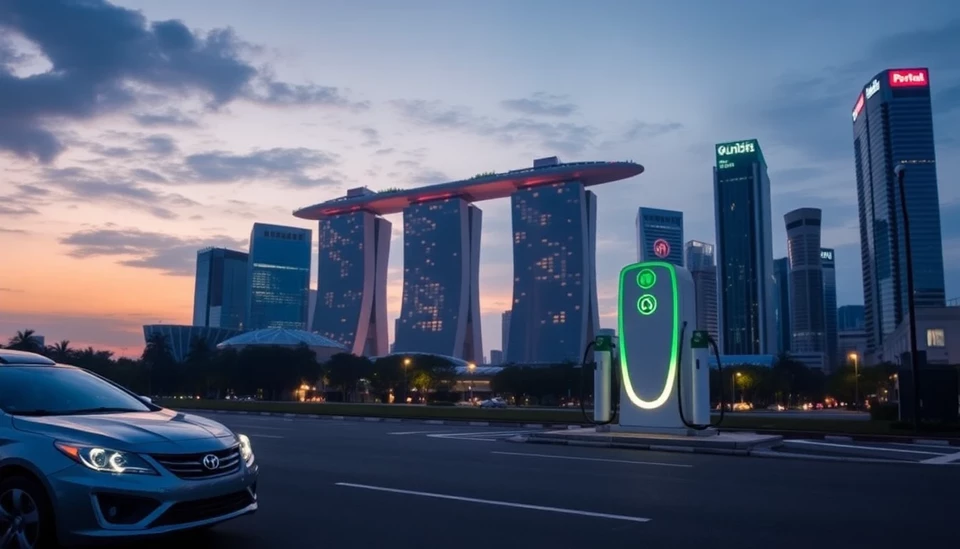
In a groundbreaking shift regarding its vehicle ownership regulations, Singapore has implemented a system that successfully marries the control of car permits with the country's renowned sovereign wealth funds. This unique approach has not only enhanced the management of traffic congestion but has also resulted in a substantial increase in surplus revenues for its state-owned investment entities.
The heart of Singapore's vehicle ownership strategy lies in its Certificate of Entitlement (COE) system, established in 1990. This system requires that any individual wishing to own a car must first acquire a COE, which is essentially a permit allowing the holder to own a vehicle for a period of up to ten years. The cost of these permits fluctuates based on demand and supply dynamics, leading to a situation where the market plays a significant role in determining vehicle ownership costs.
Recently, the COE prices reached peak levels, reflecting growing demand amidst strict government policies aimed at curbing the number of vehicles on the road. The government’s focus on sustainable urban mobility has shifted traffic management strategies, intending to limit congestion while encouraging various alternatives such as public transportation and cycling.
Moreover, Singapore has creatively utilized the revenue generated from the COE system, channeling it through its sovereign wealth funds, notably the Government of Singapore Investment Corporation (GIC) and Temasek Holdings. These investments play a pivotal role in bolstering the nation’s financial cushion, positioning it to better weather economic fluctuations and sustain its long-term developmental goals.
As a result, the surplus from these Endeavours has been significant, contributing significantly to Singapore’s fiscal health. The sovereign wealth funds have been able to not only strengthen their investment portfolios but also provide dividends back to the government, which in turn supports various public services and infrastructure projects across the city-state.
The innovative utilization of COE revenues underscores Singapore’s strategy: to turn a regulatory requirement into a financial asset that benefits both the government and its citizens. The funds generated from the sale of these permits are reinvested in socially beneficial projects, ranging from housing developments to digital infrastructure enhancements.
Apart from the financial implications, this system has also spurred discussions surrounding vehicular ownership and environmental sustainability. As the country continues to strive towards a more eco-friendly urban environment, the system of limited car ownership through permits may very well serve as a model for other densely populated cities grappling with similar challenges.
As Singapore continues to navigate the challenges of urban living, its methodologies regarding car permits and broader transportation policies will likely remain at the forefront of regional discussions. The COE system not only shapes who drives on Singapore's roads but also acts as a pivotal component in the nation’s overall economic strategy. In this way, the country's unique model of managing vehicular access illustrates the complex interplay between urban planning, fiscal health, and sustainable development.
Ultimately, Singapore is showcasing to the world that innovative regulatory systems can yield impressive returns and contribute positively to both economic stability and environmental goals, setting a precedent that other nations might follow.
#Singapore #CarPermits #SovereignWealthFunds #COE #EconomicSurplus #TrafficManagement #UrbanSustainability #InnovativeRegulations
Author: Laura Mitchell
